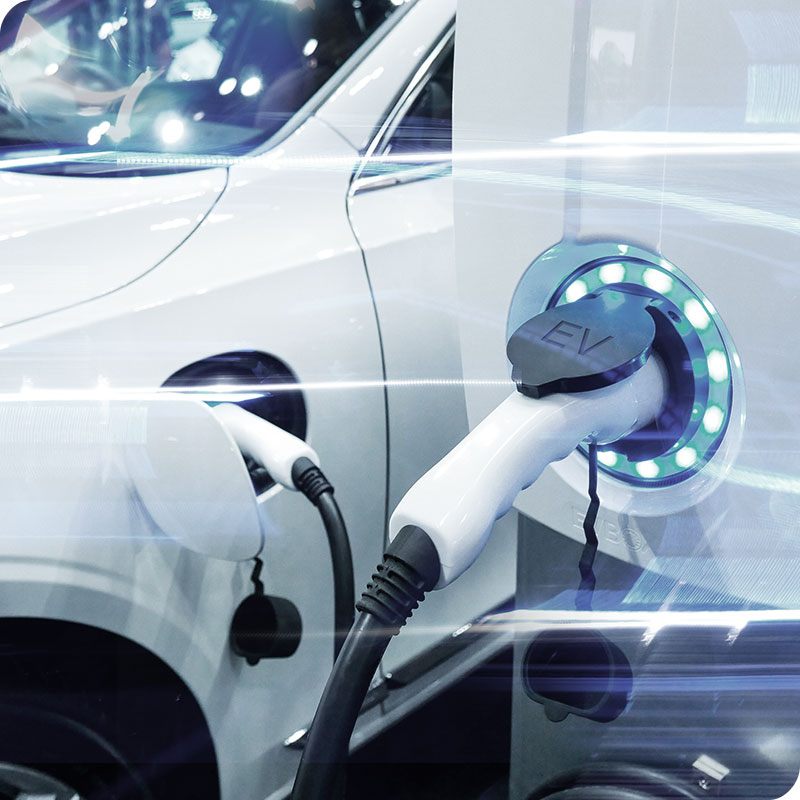Digitization and environment, challenges of the automotive sector.
Connectivity and digitalization will be the new challenges of the automotive industry in the next five years, since a more accelerated introduction of new technologies in the operation of vehicles is expected.
Likewise, the strictest environmental regulations in the countries to mitigate polluting emissions will pose new challenges in the manufacture of more efficient automobiles, the prospective analysis of the consulting companies Hogan Lovells and KPMG coincide.
The progress of information technologies will make it easier for the users to store various personal data in their vehicles, which not only have to do with the speed, driving habits and geographical location but also will include aspects such as musical tastes, bank account numbers and work schedules, a study by Hogan Lovells claims
Connectivity and digitalisation still do not play as important role in the automotive industry in many countries as in the European market and the one of the United States.
However, the demand for connectivity has already begun to gain relevance in the global market, reports an analysis by KPMG.
As a result, connectivity and digitalization make up the number one trend that will be maintained nationally and internationally at least until 2025.
Linked to the above, more mature markets such as the United States have taken steps forward in relation to the protection of personal data of the users.
But in many countries, the challenge for vehicle manufacturers will be the information security and the protection of personal information.
Also, says Hogan Lovells, it will be necessary for the automotive industry to build a collaboration scheme with the operating companies of the telephone network and the Internet, to articulate connectivity and digitalization services, and thus offer a better deal to the final consumer.
"The automotive industry will not remain as it is today. Becoming a service provider focused on the client in order to meet their current needs has high priority. One way in which carmakers can add value is by making use of the massive amounts of data that both the car and its driver will generate", the KPMG analysis comments.
In this sense, another of the changes that will be strengthened in the immediate future have to do with the environmental regulations.
As part of its effort to strengthen its economic competitiveness, Mexico will have to articulate its environmental legal framework with international trends.
Consequently, manufacturers will have to adopt the standards in the manufacture of new vehicles, which will mean greater investments, KPGM limits.
The photo was taken from the site https://pixabay.com/














